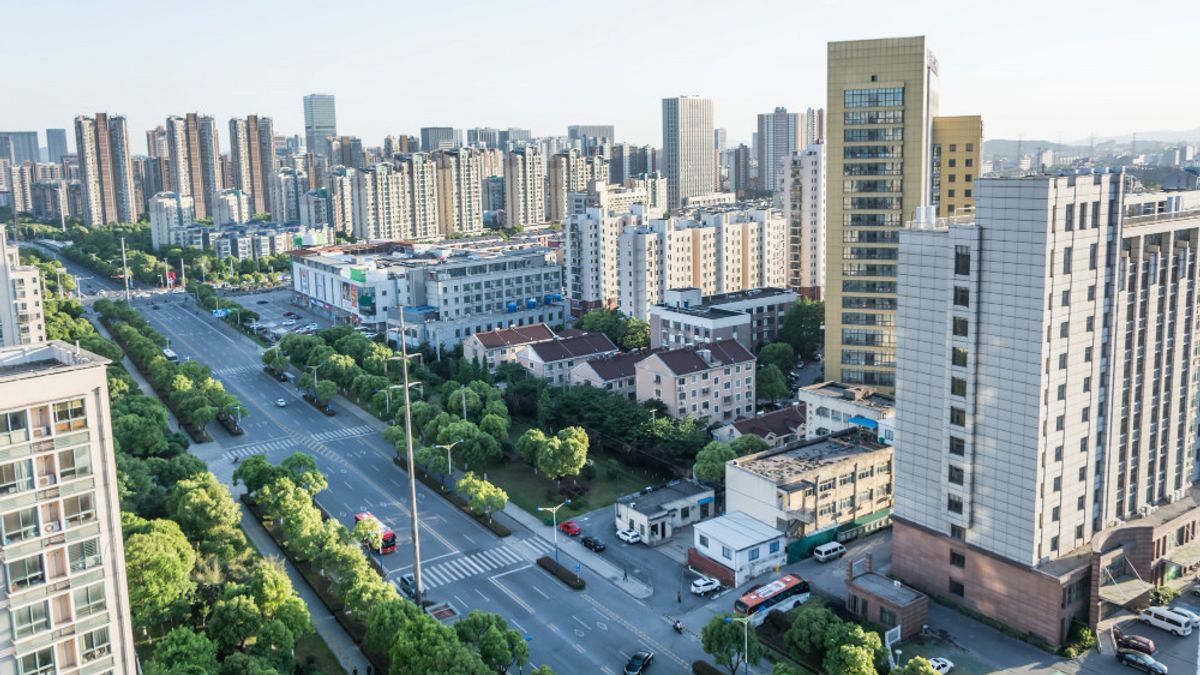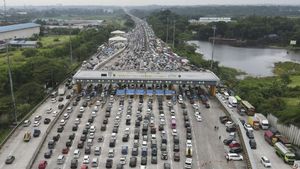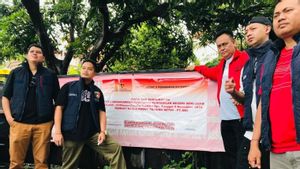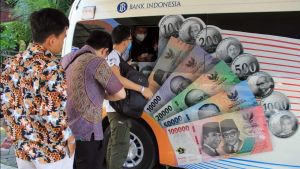YOGYAKARTA - The revocation of the status of the capital from Jakarta is still a topic of discussion for many people. After no longer bearing the name of the Special Capital Region, Jakarta will be expanded to an agglomeration city. This news emerged from the Minister of Home Affairs Tito Karnavian.
After the official state capital is moved to Kalimantan, the Jakarta area will be formed into an agglomeration area. This plan is as contained in the draft Law on the Special Region of Jakarta Province (RUU DKJ). There are plans to form a Jabodetabekjur agglomeration cities, which include Jakarta, Bogor, Depok, Tangerang, Bekasi, and Cianjur areas.
Minister of Home Affairs Tito Karnavian conveyed the election for the agglomeration city option, namely because there is no need to change the direction of administrative development into a megapolitan city. To get an idea of what the city of Jakarta will look like in the future, let's get to know what agglomeration cities are.
The term agglomeration is often associated with economic and industrial activities in urban areas. Agglomeration in urban areas occurs because of the efficiency and savings factors by adjacent locations. There is a theory that says that the more agglomeration of an economy will increase its growth.
So it can be interpreted simply that the city of agglomeration is a city whose development or development is followed by satellite cities around it. This agglomeration area will become a center for global economic growth.
An area can become an agglomeration city if there is integration between government governance, industry, transportation, trade, and other strategic fields.
Draft Bill DKJ explained that the agglomeration area is an urban area in the context of regional planning that unites the management of several urban and district areas. This regional planning is prepared so that it can be integrated between cities even though it is different from the administrative side.
The plan to establish the city of Jakarta as an agglomeration area has also been included in the DKJ Bill. Article 40 states that the Jakarta metropolitan agglomeration area aims to synchronize the development of DKJ with surrounding cities/regencies.
Article 51 paragraph 2 states that the agglomeration area includes at least the areas of the Jakarta Regional Province, Bogor Regency, Tangerang Regency, Bekasi Regency, Cianjur Regency, Bogor City, Depok City, Tangerang City, South Tangerang City, and Bekasi City.
Provisions regarding agglomeration areas are contained in Chapter IX articles 51 to article 60. The development synchronization process is carried out through synchronization of spatial planning documents and planning documents of ministries or institutions, provincial development, and districts/cities which are included in the coverage of agglomeration areas.
The development of agglomeration areas has a master plan that includes transportation, waste management, environmental management, flood management, drinking water management, B-3 management and B-3 waste, regional infrastructure, spatial planning, energy, health, and population.
The master plan for the development of agglomeration areas includes transportation, waste management, environmental management, flood management, drinking water management, B-3 management and B-3 waste, regional infrastructure, spatial planning, energy, health, and population.
The agglomeration area is not only limited to status as a crowded area and the center of economic movement. The agglomeration area also has a number of tasks to coordinate the spatial planning of national strategic areas.
The agglomeration regional council will be led by the Vice President of the Republic of Indonesia. Article 55 paragraph 2 of the DKJ Bill explains the duties of the Agglomeration Regional Council as follows:
SEE ALSO:
Such is the review of getting to know the agglomeration city which is planned to be implemented in Jakarta after it is not the capital. Nanun regarding further plans is still waiting for the decision of the authorities. Also read that Jakarta has had its DKI status relaxed since February 15.
Stay up to date with the latest domestic and other overseas news on VOI. We present the latest and updated information nationally and internationally.
The English, Chinese, Japanese, Arabic, and French versions are automatically generated by the AI. So there may still be inaccuracies in translating, please always see Indonesian as our main language. (system supported by DigitalSiber.id)
















